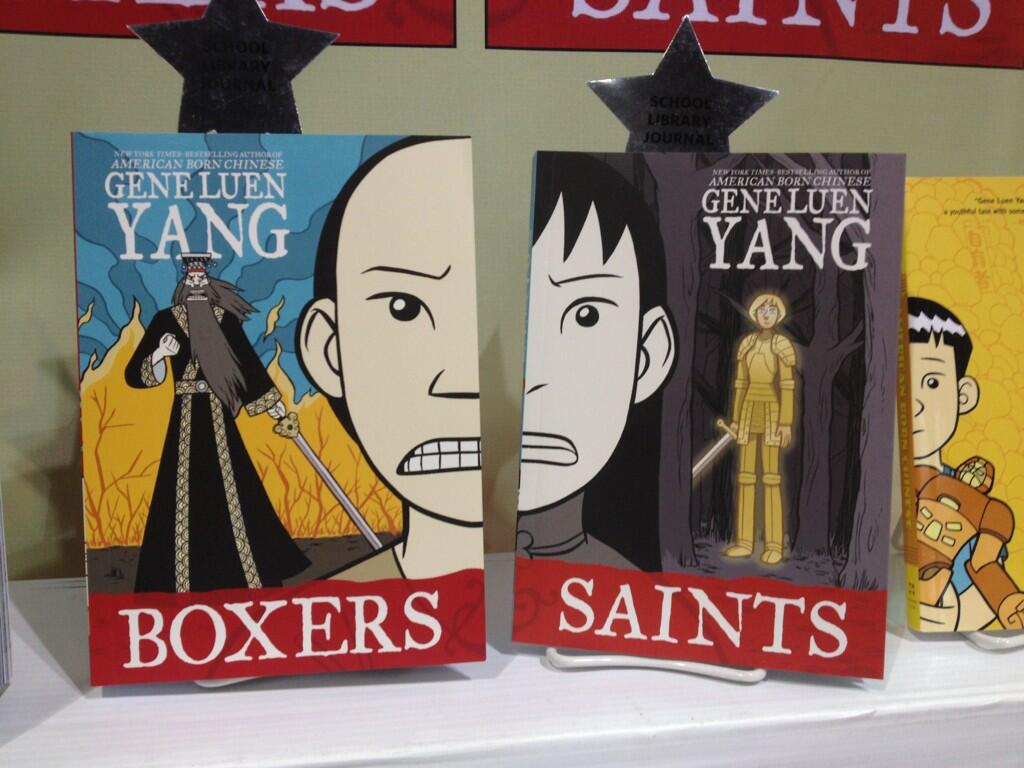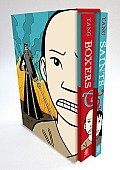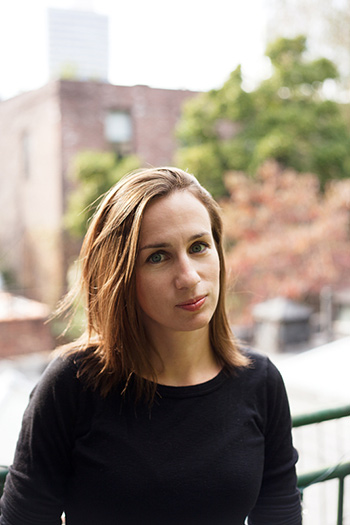 |
| photo: Lou Rouse |
Adelle Waldman has written for the New York Times Book Review, the New Republic, the Wall Street Journal, Slate and other publications. A graduate of Columbia University's journalism school, she worked as a newspaper reporter before turning to fiction. The Love Affairs of Nathaniel P., published by Holt on July 16, 2013, is her first novel. She lives in Brooklyn with her husband, the writer Evan Hughes.
On your nightstand now:
Drinking: A Love Story by Caroline Knapp, The Romantics by Pankaj Mishra, The Varieties of Religious Experience by William James, An Inquiry Concerning Human Understanding by David Hume, Blueprints for Building Better Girls by Elissa Schappell, The Ambassadors by Henry James, My Brilliant Friend by Elena Ferrante and Last Night at the Lobster by Stewart O'Nan. It's a tall pile.
Favorite book when you were a child:
I loved Norma Klein, a young adult author whose work fell out of a print for a while after her death in 1989 but will, I believe, be reissued by Lizzie Skurnick's new young adult imprint at Ig Publishing. This is terrific news. Klein wrote Judy Blume books for kids who'd grown out of Blume books. Her heroes and heroines tended to be a bit older than Blume's--they were usually late high school--and while the plots often involved a first romance, her characters tended to be artistic and intellectual. They were also less concerned with popularity or fitting in than the protagonists of many young adult books were--or than I was myself. I admired them. To me, they seemed very sophisticated, the way I wanted to be, but wasn't. Yet they felt real, not idealized, and I must have related to certain aspects of the characters' lives, or else I wouldn't have enjoyed the books so much.
Your top five authors:
Among contemporary authors, probably Jonathan Franzen and Richard Yates. (Maybe some people wouldn't call Yates contemporary, but when you read as much 19th-century fiction as I do, you start to consider any novel where people have cars and televisions to be modern.) Of older novelists, I'll start with George Eliot. For the character of Casaubon alone, she'd always have a place in my pantheon. Next I might say Stendhal, which is a little strange because it's all about one book for me with Stendhal, The Red and the Black. But what a book.... The next one is hard. Do I want to say Austen? I love Austen. But I also love Flaubert. And Tolstoy. And Fitzgerald. I've also been on a real Henry Fielding kick lately.
Book you've faked reading:
I really do try to avoid faking. That's mostly because I'm a terrible liar, and I dread getting caught. I also had a very wise friend who cautioned me against opining about books I hadn't read. No matter how much you think you can anticipate your opinion, based on what you've heard about a book or what you know of an author, you look so foolish if you are caught. As you should. Because it really is indefensible to take up a position on a book you haven't read. That said, there are trillions of books I wish I'd read--that I'm embarrassed about not having read. Of relatively recent books, one is The Tiger's Wife by Téa Obreht.
Book you're an evangelist for:
There are books I feel so strongly about that I try not to evangelize for them. What I mean is that while I am happy to talk about what I think makes these books so good, I don't want to push them on anyone. That's not because I'm so considerate--it's because I have too much respect for the books. I want readers to come to the books when they are ready, when they want to read them, and won't approach them with what I'd characterize as a consumer's inflated sense of self-importance--that sort of quick, self-satisfied dismissal of whatever fails to conform to one's entertainment preferences. I don't want a book like Middlemarch to be read in that spirit. I once had a history professor who dismissed Jane Austen as chick lit, and though I was surprised at the time, I now realize that there are a lot of people who make that mistake (I suppose it would be more respectful if I said "who held that opinion," but I can't). Once I felt obliged to argue with people who felt that way--to convince them. These days I'm less interested in making the effort. I've begun to feel that people who are unable to grasp the depth and subtlety and intricate variety, in terms of character, of an Austen novel are better left to enjoy their Austen-free lives.
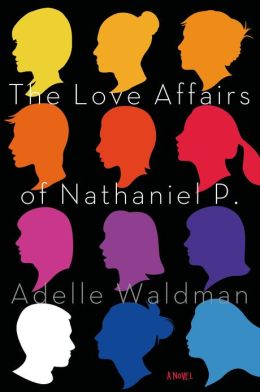 Book you've bought for the cover:
Book you've bought for the cover:
I buy Penguin Classics for the covers all the time. Give me some mannered 19th-century oil painting of a bunch of people in fancy dress traipsing around a garden or a pensive woman in a high-necked dress staring into her embroidery, set it against the familiar yellow background of a Penguin Classic, and I will feel a sense of homecoming when I come across it. I had made it to the age of 20 without having read much of "the Canon." So, when I found not just one or two or even a handful, but rather tens and tens of books that were so meaty, so intelligently but also unpretentiously told, so psychologically probing and full of well-developed characters and insights into relationships and social life, I was blown away. I felt like I'd been in a wasteland before, picking up books randomly, looking always for modern books with a plucky female protagonist--books that seemed directly and obviously relatable. Many years have passed, and I no longer have quite the zeal of the convert as I did when I first found these books--I am by now willing to acknowledge certain imperfections in even my most beloved 19th-century novels--but those books still feel like home to me. And I still have an almost Pavlovian response to the covers.
Book that changed your life:
I think I live in New York at least in part because of the Norma Klein books I mentioned earlier. Most of them were set on the Upper West Side, with kids who went to plays and used bookstores and saw black-and-white movies at places like Film Forum. Growing up in the suburbs, I usually spent my weekends trying to get a ride from my mom to the mall or multiplex. Reading about those sorts of lives was like reading about aliens--really cool aliens.
Favorite line from a book:
It might seem lazy that I'm going to use the same line I used as an epigraph to my novel, The Love Affairs of Nathaniel P. On the other hand, I wouldn't have used it as my epigraph if I didn't like it so much. The line is from George Eliot's Romola. Eliot observes that, "To give a true account of what passes within us, something else besides sincerity is needed." As a person who has written a novel that is very concerned with psychology and self-deception, it's natural that I love the line. And I have to admit I've been waiting eagerly for someone to ask me what I think that something else is. So far, no one has.
What is the something else that is needed to give a true account of what passes within us?
Thanks for asking! The answer is perspective.
Book you most want to read again for the first time:
I am a big re-reader so I'm not totally sure how to answer this. The books I tend to read only once are mysteries, which I like to listen to as audiobooks when I run. Gone Girl by Gillian Flynn made running very, very fun--as did Flynn's excellent earlier novel Dark Places (which I discovered only after reading Gone Girl, when I began to search for more of Flynn's work). I wish I could listen to both those books again as if for the first time--it would definitely be good for my physical fitness if I could.
 In the past year, Goodreads has doubled the number of its readers to 20 million, the company said, without mentioning what effect its sale to Amazon in March had on membership numbers. Many people in the business reacted negatively to the sale--and vowed to close accounts.
In the past year, Goodreads has doubled the number of its readers to 20 million, the company said, without mentioning what effect its sale to Amazon in March had on membership numbers. Many people in the business reacted negatively to the sale--and vowed to close accounts. 




SHELFAWARENESS.1222.S1.BESTADSWEBINAR.gif)
SHELFAWARENESS.1222.T1.BESTADSWEBINAR.gif)


 David Kahn, founder of
David Kahn, founder of 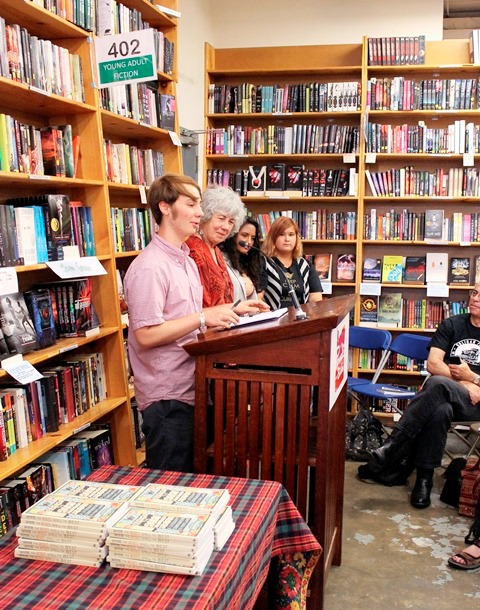
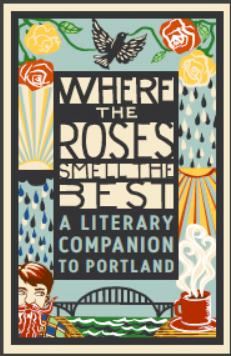 Students worked for a year on Where the Roses Smell the Best, from brainstorming an idea for a book and reviewing editorial submissions to overseeing the production process and marketing the finished product. "What's unique about this venture is that it highlights both adult and young people's work together," said Kate McPherson, community engagement specialist, writing, and Publishing Center director.
Students worked for a year on Where the Roses Smell the Best, from brainstorming an idea for a book and reviewing editorial submissions to overseeing the production process and marketing the finished product. "What's unique about this venture is that it highlights both adult and young people's work together," said Kate McPherson, community engagement specialist, writing, and Publishing Center director.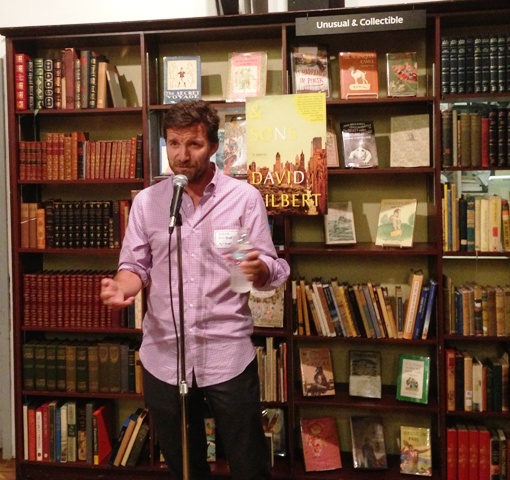 At a New Atlantic Independent Booksellers Association social held at Housing Works Bookstore in New York City on Monday night, author David Gilbert thanked independent booksellers for their vital contributions to the book industry and discussed the delights and difficulties of writing a new novel. Being a writer, he joked, means going to a bookstore and asking if any of your own books are in stock. The event, which was held on the eve of publication of his new book, & Sons (Random House), drew booksellers and industry representatives from the New York and New Jersey area. --
At a New Atlantic Independent Booksellers Association social held at Housing Works Bookstore in New York City on Monday night, author David Gilbert thanked independent booksellers for their vital contributions to the book industry and discussed the delights and difficulties of writing a new novel. Being a writer, he joked, means going to a bookstore and asking if any of your own books are in stock. The event, which was held on the eve of publication of his new book, & Sons (Random House), drew booksellers and industry representatives from the New York and New Jersey area. --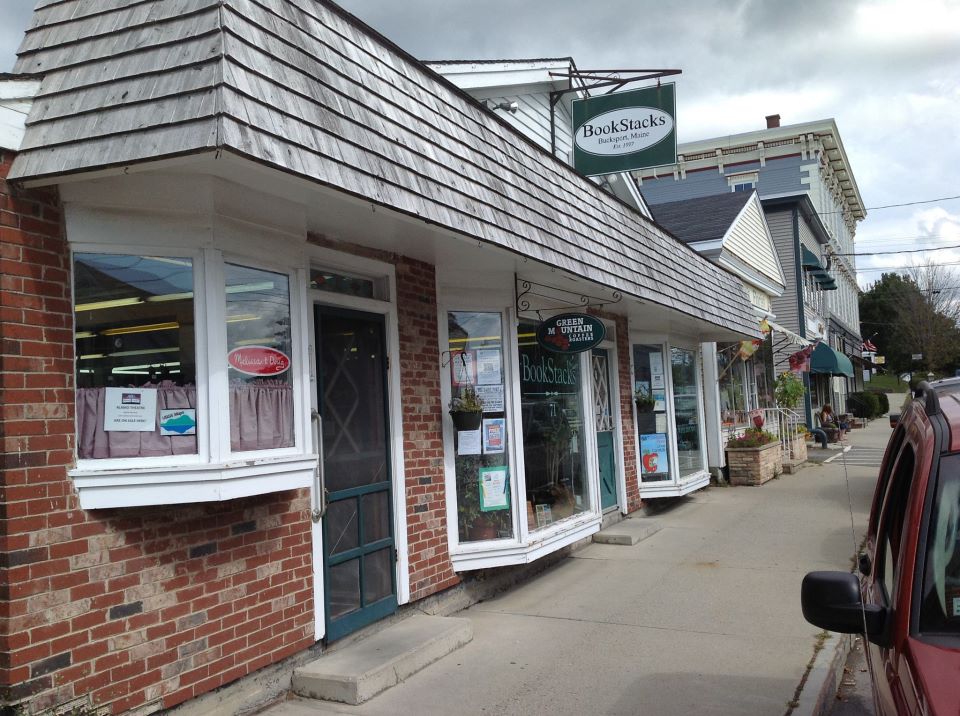 BookStacks
BookStacks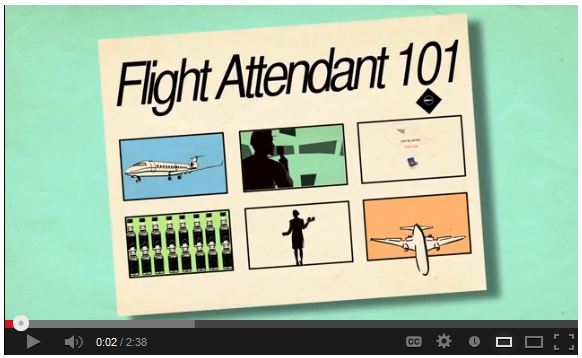

 Book you've bought for the cover:
Book you've bought for the cover: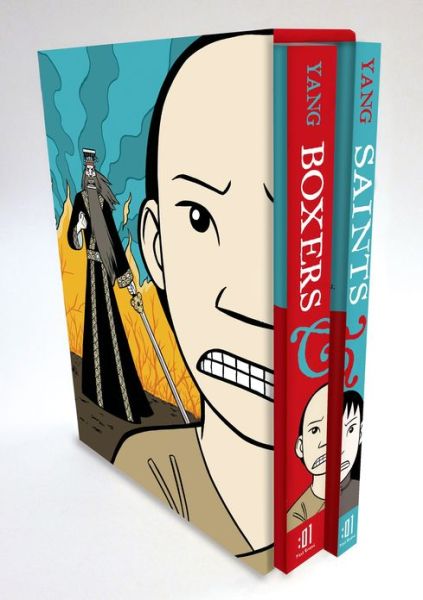 Boxers and Saints may be purchased separately, but for maximum appreciation of Gene Luen Yang's extraordinary achievement with this "graphic diptych," they must be read together.
Boxers and Saints may be purchased separately, but for maximum appreciation of Gene Luen Yang's extraordinary achievement with this "graphic diptych," they must be read together.